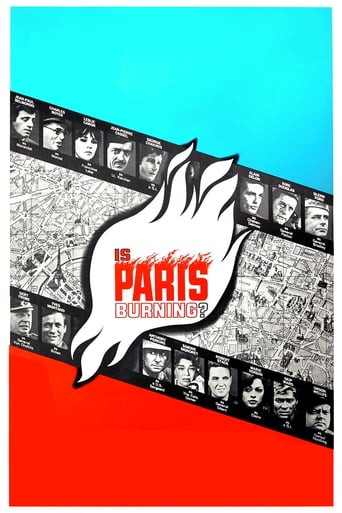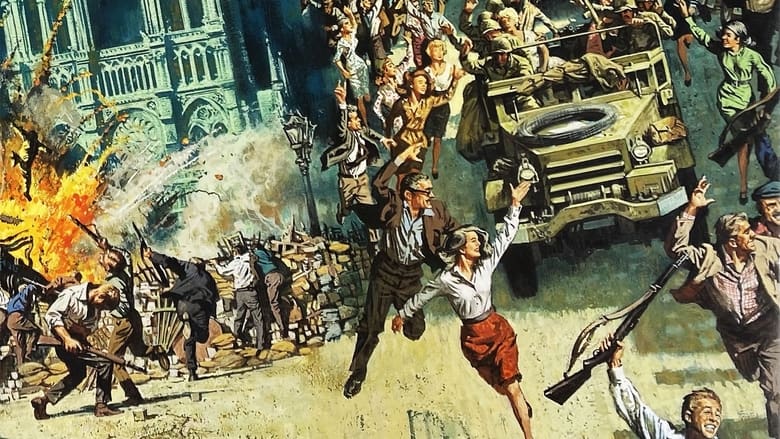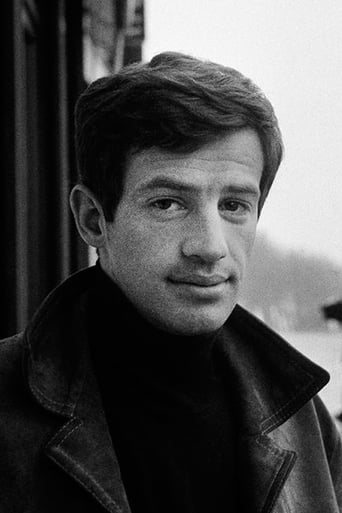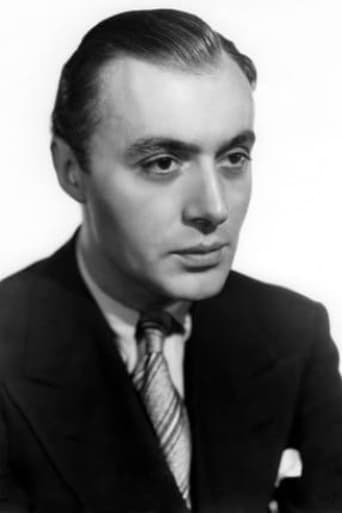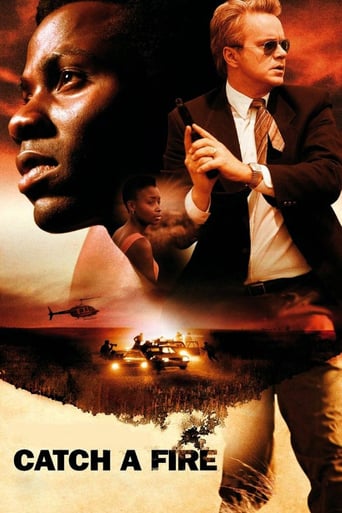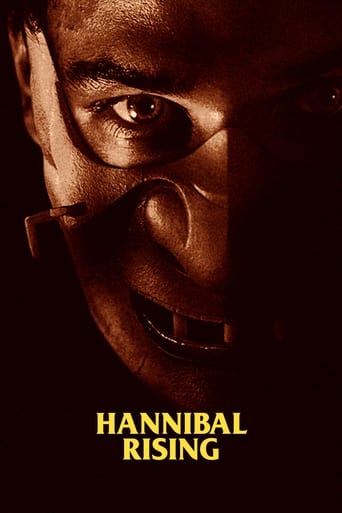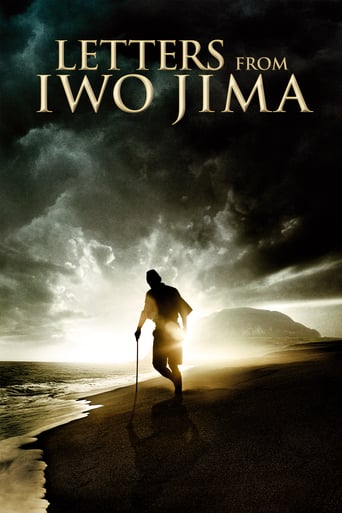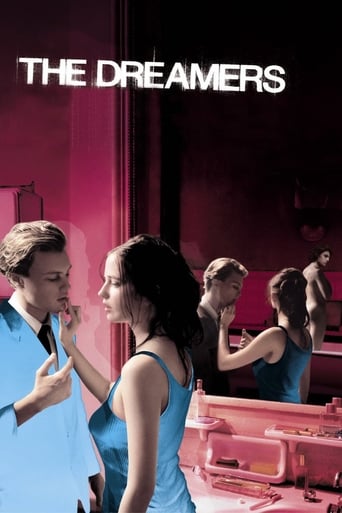Is Paris Burning? (1966)
Near the end of World War II, Gen. Dietrich von Choltitz receives orders to burn down Paris if it becomes clear the Allies are going to invade, or if he cannot maintain control of the city. After much contemplation Choltitz decides to ignore his orders, enraging the Germans and giving hope to various resistance factions that the city will be liberated. Choltitz, along with Swedish diplomat Raoul Nordling, helps a resistance leader organize his forces.
Watch Trailer
Cast


Similar titles
Reviews
You won't be disappointed!
Excellent but underrated film
Pretty good movie overall. First half was nothing special but it got better as it went along.
Through painfully honest and emotional moments, the movie becomes irresistibly relatable
It's a fact that Hitler actually wanted to blow up Paris and gave orders of it, as the ultimate confirmation of himself as the worst of losers. The circumstances around this were carefully investigated by the journalists Dominique LaPierre and Larry Collins, which resulted in their first major book, with this title. It's a very panoramic documentary which unfortunately gets muddled in its vast conglomeration of facts and episodes, and the film suffers from the same dispersion. There is no real structure and unity, but episodes, characters, events and intrigues are just heaped upon each other like on a junk tower of Babel. Nevertheless, it is well worth seeing and read, and like in "The Longest Day" four years earlier all the world's best actors are participating and showing off as well as they can, although here they are almost only French (apart from Orson Welles, Kirk Douglas, Anthony Perkins, Glenn Ford, Robert Stack and a few others) while you sadly miss the almost architectural overview and epic unity of the D-day epic.What spoils the show furthermore is the almost parodic martial music by Maurice Jarre. It's exaggeratedly noisy, and if it's made like this to ridicule the Germans and their militarism it misses its purpose, since the Germans don't get much of a say. Only towards the end the music becomes more natural, as with the fall of Paris it transforms into more French agreeability. The dominating march making so much noise through two thirds of the film is like a mixture of Shostakovich's Leningrad Symphony and Berlioz at his worst, as if all the war noise of guns, cannons and bazookas was not enough but had to be underlined.The director is René Clement, who a few years earlier had made the best Ripley film "Plein soleil" with Alain Delon, who is also prominent here with Jean-Paul Belmondo. Jean-Pierre Cassel and Gerd Froebe are here again counterparts like in "Those Magnificent Men in their Flying Machines" just before. But the main asset of the film is the authentic documentary material, which serves to underline the great liberation of Paris, which is reconstructed as a constantly accelerating party, which it probably was in reality, wonderfully accentuated by the introduction of typically French waltz music as the liberation reaches the center with the final humiliation of the Germans. Gerd Froebe makes a very interesting portrayal of the German general in charge who apparently was one of the few realists in the German army, recognizing defeat before everybody else and admitting to Hitler being insane in a moment of sad resignation, thinking of his family first as he surrenders to the allies.Orson Welles as the Swedish consul who does what he can to save prisoners and Paris is convincingly Swedish in his quiet persistence, while the strongest impression is made by Kirk Douglas as Patton. His moment is brief but monumentally eloquent in Spartan soldier's code.The film should actually be called "The Feast of Paris", because that's what it is all about: Paris is being celebrated as never before or after, which the final sequence in colour underscores in triumphant final liberation.
Director Rene Clement's 1966 film, the all-star extravaganza "Is Paris Burning?" regarding the liberation of Paris from Nazi occupation in 1944, makes for an interesting movie even if it is top-heavy with every well-known French actor and actress of that era and some obvious miscasting (Kirk Douglas just doesn't cut it as General Patton). That said, the story itself is one that should be familiar to every American school-age kid and all knowledgeable adults. The fact that it isn't speaks volumes about our own educational system. The title "Is Paris Burning?" refers to Adolph Hitler's ranting and raving into the phone at General Choltitz, the German commander of the city played by Bert Frobe (Mr. "Goldfinger" himself). The film does an exceptional job of portraying Choltitz's decidedly mixed feelings about whether he should obey Hitler's order to destroy the city or preserve his own reputation for posterity. He made the right choice. The rest of the cast holds up well and does justice to the serious material and historical events. They include Jean-Paul Belmondo, Charles Boyer, Leslie Caron, Glenn Ford (as General Omar Bradley) and many other familiar names and faces. As for the real General Choltitz, he forever fancied himself a hero in the eyes of the "liberators" even though his decision was based mainly on saving his own skin. There's no doubt that Choltitz would've been hanged (or worse) if he had followed orders. But being the loyal German soldier that he was, Choltitz did not hang up on Hitler that fateful day. He merely left the phone off the hook and took a nice stroll.
Despite it's enormous length, René Clément's telling of the 1944 liberation of Paris is still really just a Cliff's Notes version of that historical moment. Lacking a cohesive narrative as well as one specific person's point of view, this is a very distant film. There's too much going on. While scenes of Allied tanks rolling into Nazi-occupied Paris are extremely moving, much of the film, despite myriad cameos by the likes of Anthony Perkins, Simone Signoret, Charles Boyer and Kirk Douglas, is not particularly involving. Certainly it's exciting and full of action, but it's also far too hectic for its own good. It's as if Clément was afraid to leave ANYTHING tied to the Resistance out. Still, there's much to recommend. Clément is mostly successful at blending documentary footage with his film and some of the performances are terrific. Claude Rich is a standout as the deceptively clever Général Leclerc and Jean Paul Belmondo adds a lot of color as a none too bright freedom fighter. Orson Welles has some moments as the Resistance-friendly Swedish Consul and Gert Fröbe's portrayal of German Général Von Choltitz avoids the one-dimensional crazed Nazi route (unfortunately, Günter Meisner takes that prize as a very ornery SS goon). Maurice Jarre's music score is suitably patriotic and Marcel Grignon's cinematography is excellent. Yves Montand, Alain Delon, Leslie Caron and Robert Stack also appear.
I have read all the user comments about "Is Paris Burning?" and I think that I understand the movie better now, but I still argue that it was an inferior opus. No, I have not read the book, but I will put it on my list of books to read. Nevertheless, good history doesn't always guarantee classic movies, and "Is Paris Burning" remains hopelessly questionable in my opinion. Before I generate a laundry list of flaws, let me tote up the assets. First, Maurice Jarre's orchestral soundtrack qualifies as nothing short of brilliant because he captures the atmosphere and the drama in the events. Second, Marcel ("Taxi to Tobruk") Grignon's black & white widescreen cinematography rivals Jarre's score in the epic scope that it confers on the film. The producers clearly filmed this movie on location in the City of the Lights and the filmmakers may be applauded for giving the film a documentary flavor. The performances raised no concerns for me, except for Kirk Douglas, looking like he was on vacation when the casting director caught him and convinced him to portray General Patton, did raise an eyebrow. "Is Paris Burning" is a professionally mounted motion picture and there is no evidence of a shoe-string budget. Ultimately, however, what undoes "IS Paris Burning" is the overlong Gore Vidal & Francis Ford Coppola screenplay, along with the other acknowledged contributions from other scenarists, because there are no truly sympathetic character--just too many to keep track of, the storyline is episodic to the point of incoherence, and the entire movie wears out its welcome by the time that it pauses nearly two hours later for an intermission. There is no quotable dialogue and I felt like a lot of information that I learned on IMDb.COM should have been in the film itself. At the intermission, I wish that Paris had burned in the movie, BUT NOT IN REAL LIFE. As a World War II military history scholar, I can now appreciate the historical contribution that "Is Paris Burning" makes in its cinematic context, but as a film consumer, this bland, obtuse yarn just makes me yawn.

